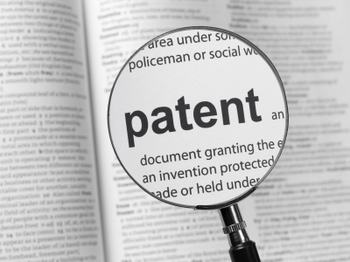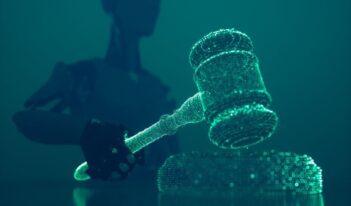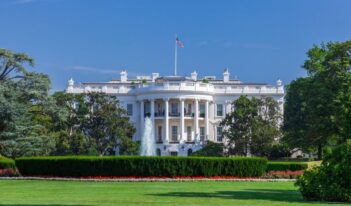
After the Mayo decision, Patent and Trademark Office issues guiding memorandum.
In its decision in Mayo Collaborative Serv. v. Prometheus Labs, the Supreme Court last month clarified U.S. legal principles balancing the importance of encouraging scientific exploration through the patent system with the need to prevent patentees from “improperly [tying] up laws of nature.”The court has previously held that laws of nature, natural phenomena, and abstract ideas are not patentable subject matter under §101 of the Patent Act. However, applications of laws of nature may qualify for patent protection.
This longstanding approach to the laws of nature was put to the test when Prometheus Laboratories, Inc. developed a diagnostic test for doctors to determine whether a patient’s level of Thiopurine (a drug used to treat autoimmune disorders) was too low or high. Prometheus patented the process and sold the test to Mayo. In 2004, Mayo decided to produce its own version of the method, which prompted Prometheus to file a lawsuit.
This past month the Supreme Court held that Prometheus’ patent claims were invalid because they merely “inform a relevant audience about certain laws of nature,” and that “any additional steps consist of wellunderstood, routine, conventional activity already engaged in by the scientific community.” Thus Prometheus’ claims lacked the “additional features” necessary to make the patent “more than a drafting effort designed to monopolize the law of nature itself.”
The day after the Court’s unanimous ruling, the United States Patent and Trademark Office (USPTO) issued a preliminary guiding memorandum. It instructed its examiners to ensure that product or process claims do not monopolize laws of nature, calling for such claims to include “other elements or [a] combination of elements” such that any claim “amounts to significantly more than a law of nature.” If the patent is denied, under the USPTO guidance applicants will be given a chance to explain why their discovery is proper subject matter under §101.
The USPTO memo concluded by committing the agency to study Mayo’s implications and develop detailed guidance.
Some commentators are predicting that the Court’s decision could adversely affect software patents, which claim algorithms akin to laws of nature.
On March 26, the Supreme Court remanded the Myriad Genetics case, which questions whether genes can be patented, for further consideration by the Federal Circuit in light of Mayo.



